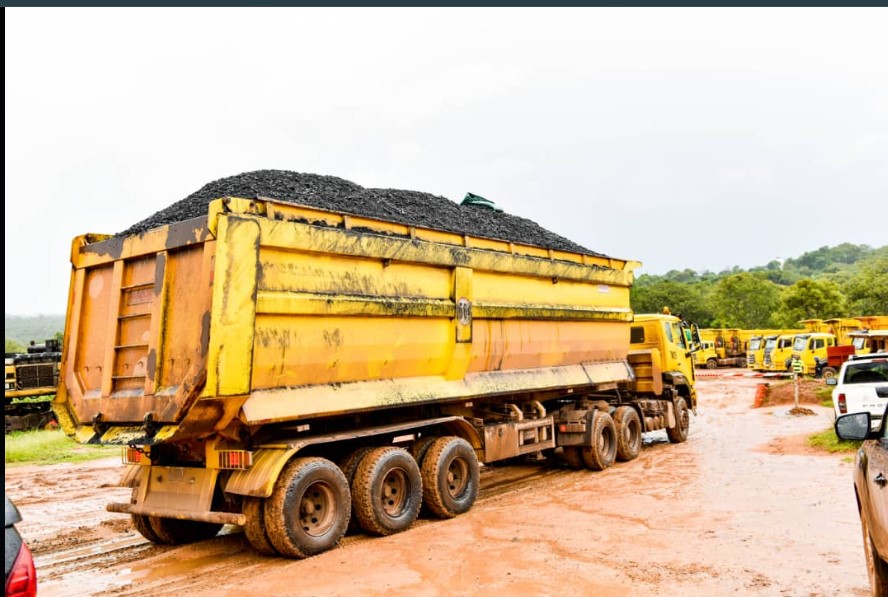Nigeria’s Mining Sector and other Mining sectors across the world are Male dominated spaces with women making up a small fraction of the workforce. Women not only have to break glass ceilings and face discrimination in the workplace but endure sexual harassment and SGBV meted out by their colleagues and bosses.
For female artisanal and small scale miners there is sexual exploitation and sex for jobs. This year Nigerian Mining reported the concerns raised by WIMIN regarding the high level of sexual abuse against female miners in Nasarawa state. There have been several reports this year of the efforts to curb SGBV but very few on the issue itself and how it affects Female miners in Nigeria and how many female miners are affected.
Gender-based violence (GBV) is a significant issue in Nigeria’s mining sector, where deeply rooted gender inequalities and power dynamics intersect with harsh working conditions. The sector, dominated by informal and artisanal mining, often leaves women vulnerable to various forms of exploitation and violence.

Forms of Gender-Based Violence in Mining
Women working or living near mining sites frequently face harassment from male colleagues, supervisors, or community members. Survival sex is sometimes reported, where women are coerced into sexual relationships in exchange for employment or protection.
Economic Exploitation: According to a report on SGBV in Africa Women are often relegated to lower-paying, labour-intensive roles such as washing, sorting, or carrying minerals, earning far less than their male counterparts. Limited access to mining rights and resources perpetuates economic dependency and vulnerability.
Physical Violence: Conflicts over resource control can escalate into physical assaults, particularly in areas where artisanal mining is unregulated. Land dispossession linked to mining operations sometimes results in forced displacement, with women bearing the brunt of these disruptions.
Domestic and Community Violence: The influx of male-dominated mining populations can lead to increased rates of domestic violence and community-level sexual violence. Mining “boom towns” are often hotspots for trafficking and exploitation of women and girls.
Addressing GBV in the Mining Sector
Policy and Legal Frameworks: Strengthening the enforcement of existing anti-GBV laws, such as the Violence Against Persons (Prohibition) Act (VAPP). Introducing gender-specific policies in mining legislation to protect women.
Empowerment Programs: Providing women with access to education, training, and resources for safer and more lucrative mining roles. Promoting women’s leadership in mining cooperatives and community decision-making.
Community Sensitisation: Conducting awareness campaigns to challenge gender stereotypes and promote equality. Engaging men and boys as allies in preventing GBV.
Regulation and Monitoring: Formalising the artisanal and small-scale mining (ASM) sector to increase oversight and reduce exploitation. Collaborating with organisations like CAPPA to ensure corporate accountability.
Support for Survivors: Establishing accessible reporting mechanisms and survivor support services, including counselling and legal aid. Partnering with NGOs to provide safe spaces and rehabilitation programs.

